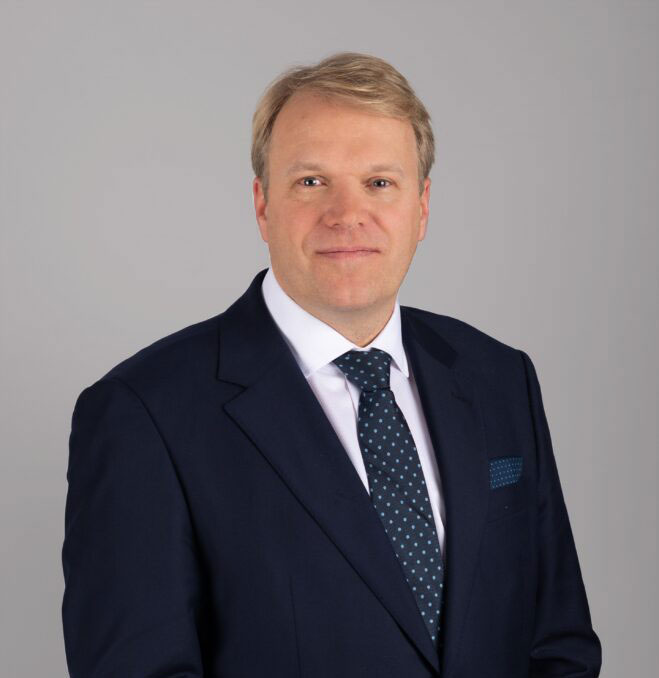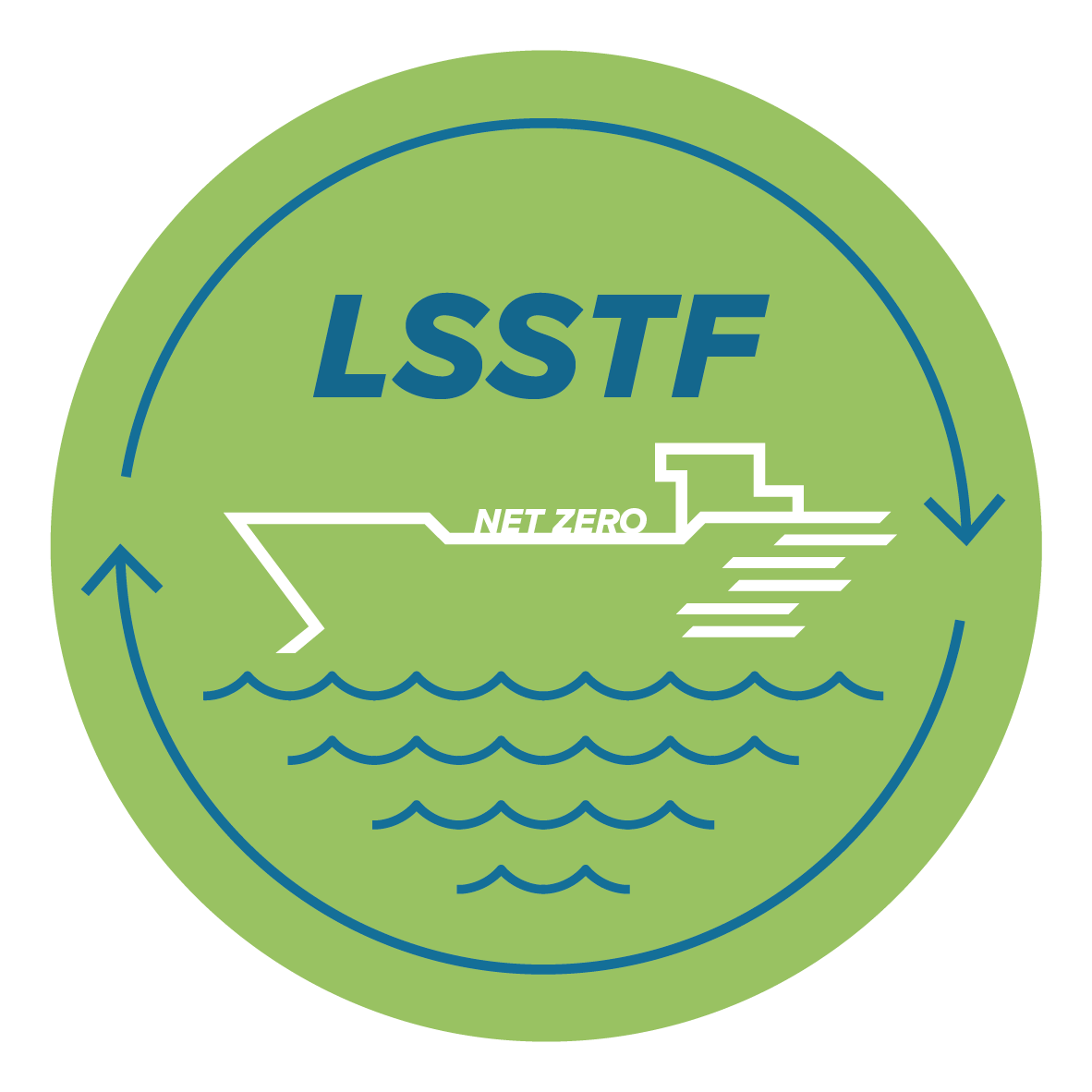Sascha Gill
UNITED WATERWAYS
Sascha has previously worked as Vice President Environment and Sustainability for CLIA on whose behalf he had worked within the European Sustainable Shipping Forum on the implementation of Fuel EU Maritime for the Cruise Sector. One of the key projects launched during this tender, was the alignment of the cruise operators to invest into a combined ocean and river study. Together with CLIA, IGRC, DNV, Ricardo and RINA, the biggest ever research was launched to outline the pathways for fuel and onboard technology infrastructure for the next decade within cruise.
In April 2024, he joined United Waterways – the largest white label operator on the waterways, where he now holds the position of CEO. Sascha is also the Vice President of the European River Cruise Association.
In his earlier career, he worked as Vice President, Nautical Operations and has had several roles within hotel operations, and learning and development, for Viking Cruises. Before working in the cruise sector, he held the position of Senior Consultant Brand Protection for Richey International, where he was responsible for Asia and the US. Formerly, Sascha worked for leading hotel brands, namely Marriott, Intercontinental and Hilton in Russia and Central Europe. His cruise experience also includes roles onboard Seabourn Cruise Line and Cunard.
Sascha holds a Doctorate in Business from Nottingham Trent University, an MBA from Oxford Brookes University and an Executive Master Environmental Policy Making and International Negotiations from IHEID Geneva.

Passenger vessels and decarbonization
In 2023, the European Innovation Fund held a total sum of 40 Billion Euros available for funding technology innovations that would support the decarbonization and respectively the European Green Deal. In 2024, the same fund opened its door to the Maritime Sector, although there were almost no applications from this sector since. The fund has since halved in size.
The stigma around funding is often driven by various arguments ranging from “to difficult” to “ to expensive” to apply. The European Cruise Industry has taken action in regards to this stigma and started to align its sector by commissioning a study that should first align the technology and fuel needs, as well as drafting various scenarios for decarbonization. Today we have several application submitted which range from retrofitting of vessels to new building of ships.
This presentation will highlight the information and preparation needed to overcome the stigma set with the application and explain what the most important research and alignment tasks are to ensure a successful application can be made.



